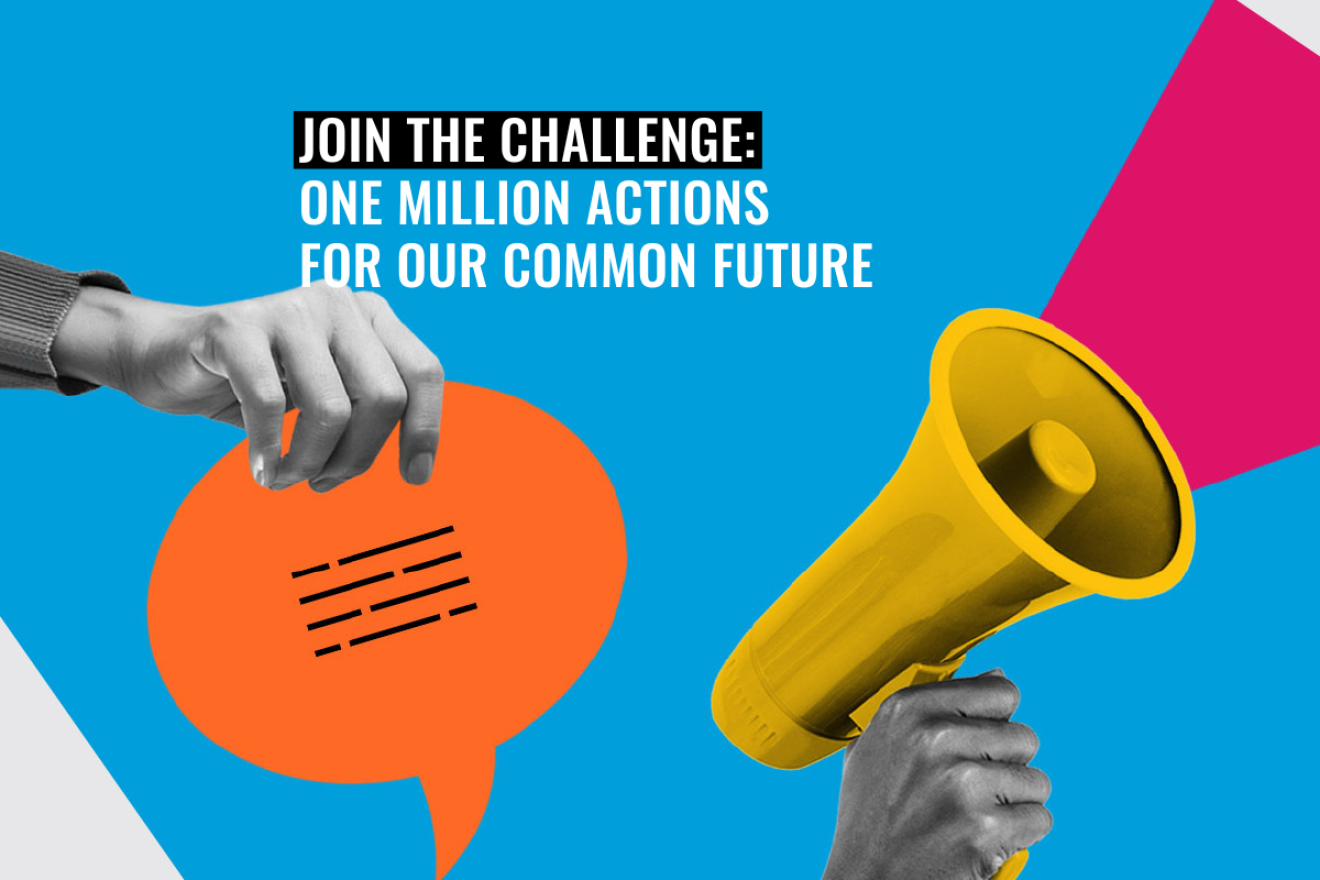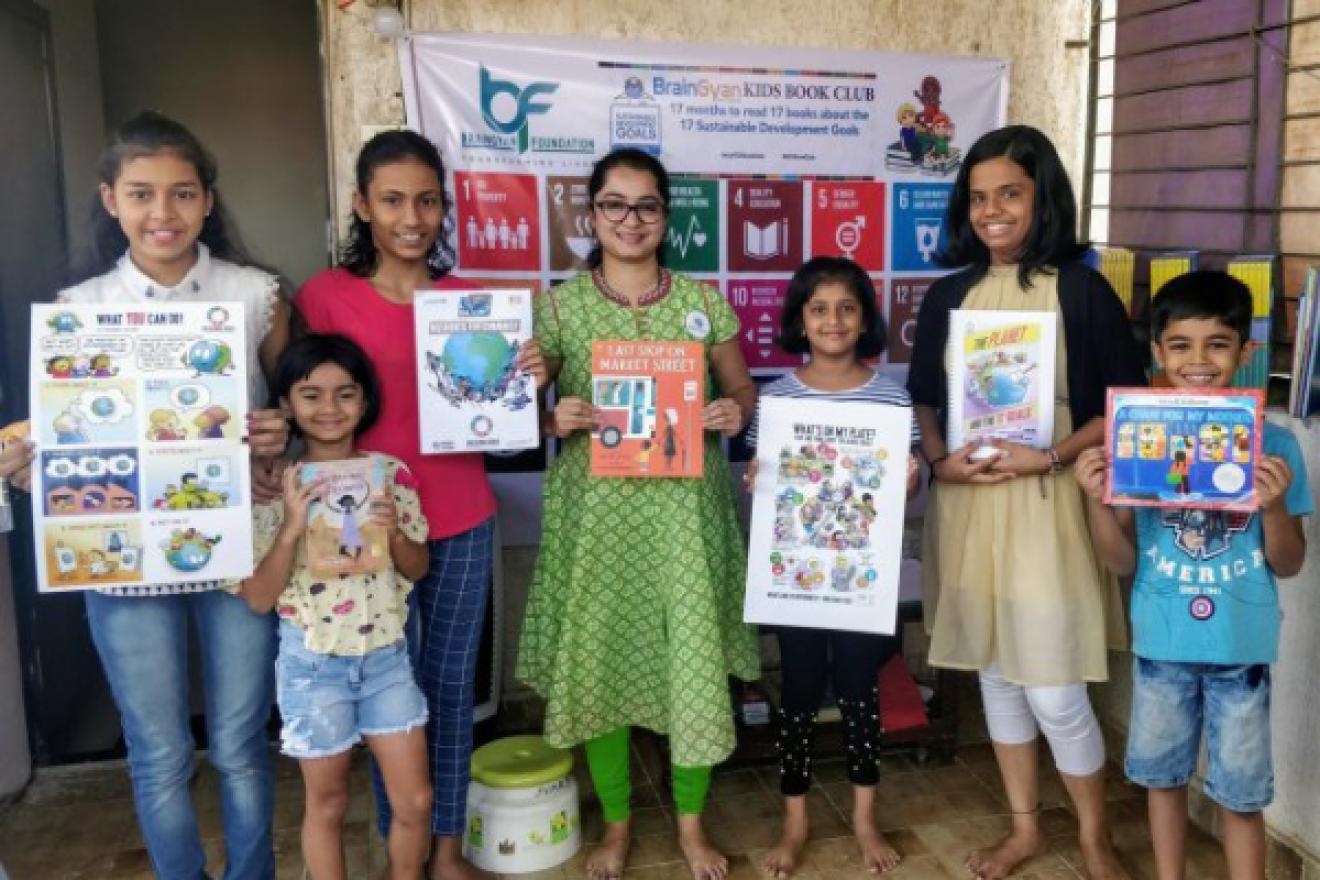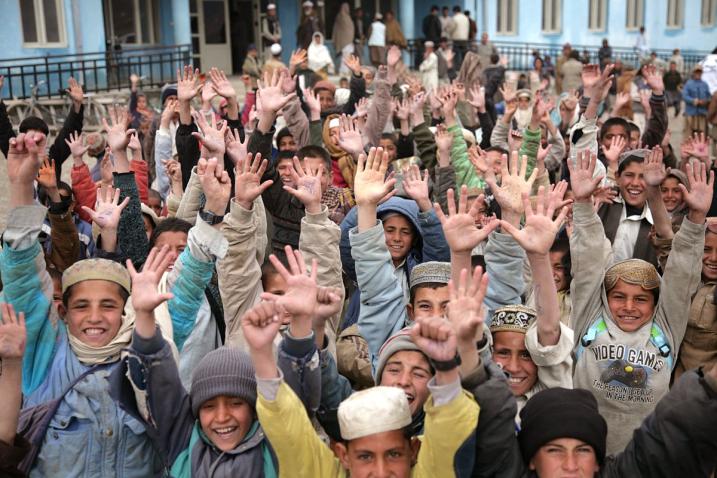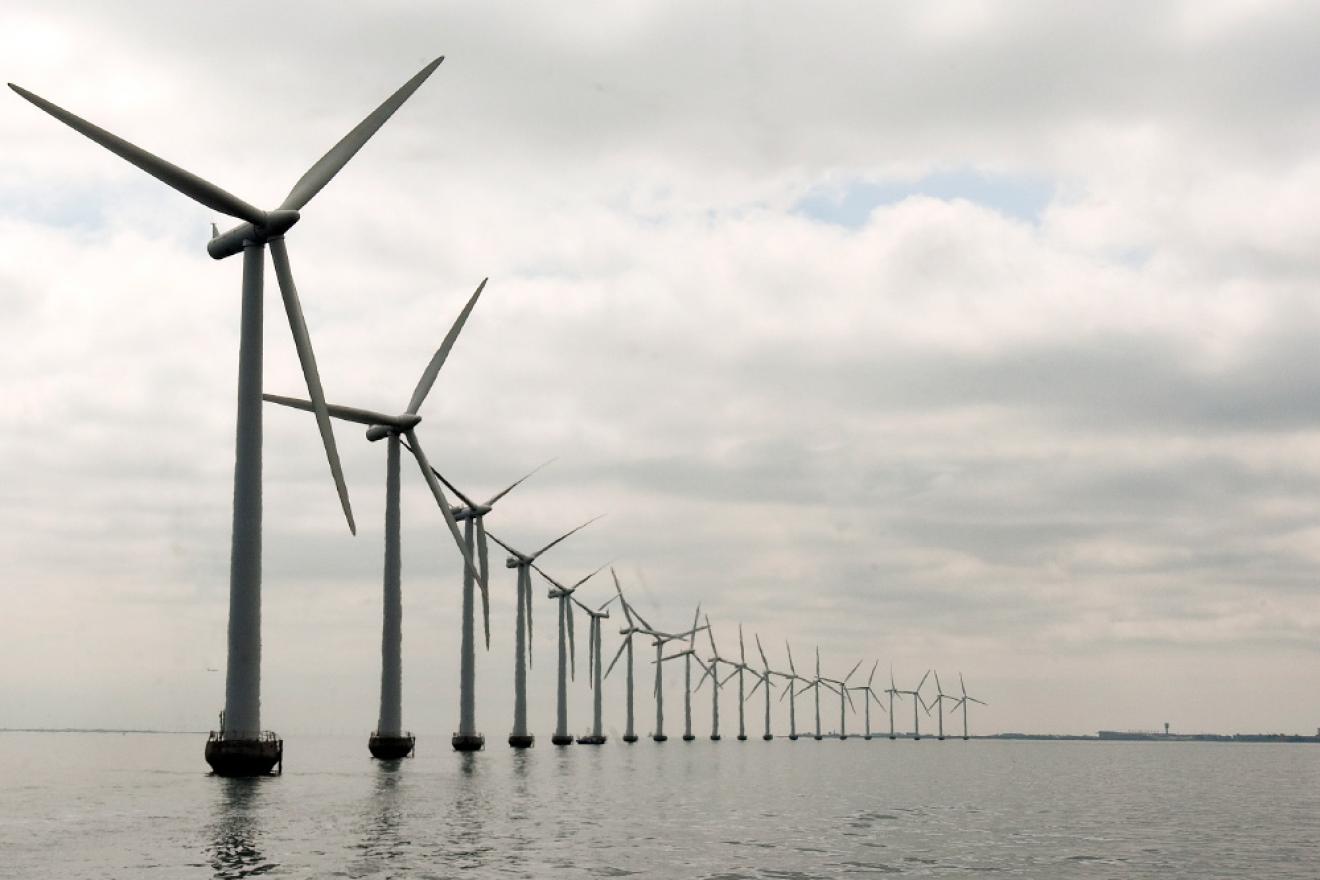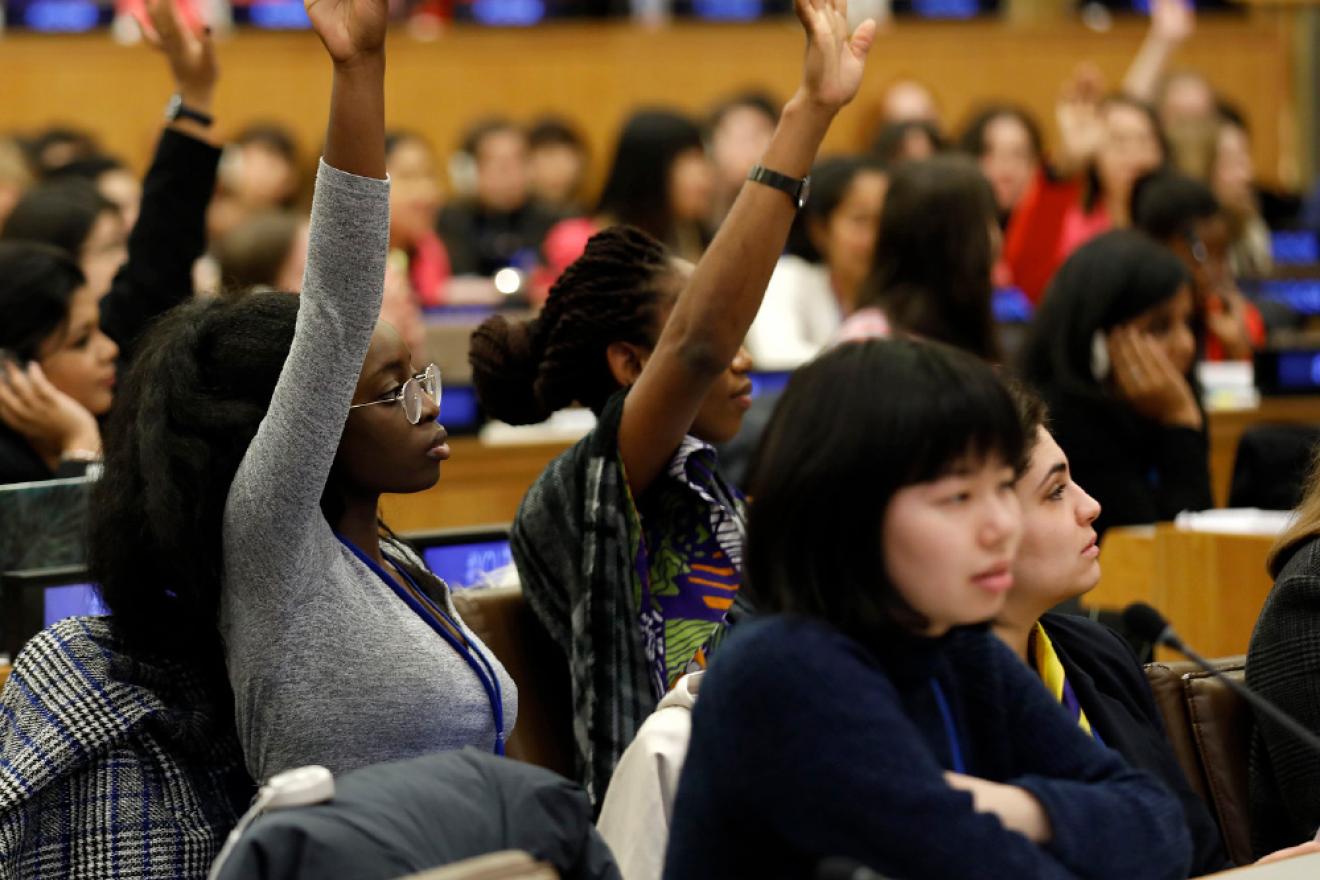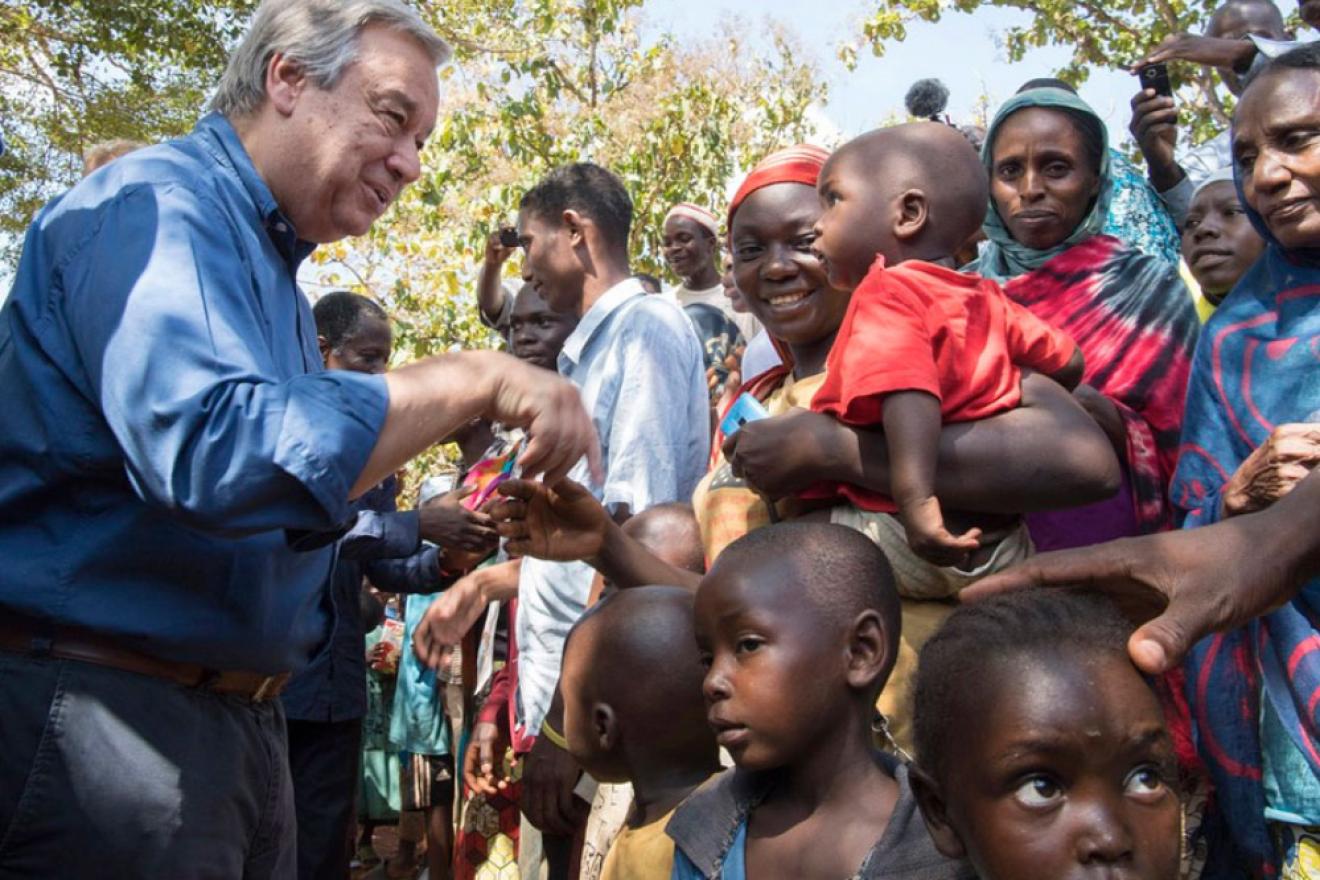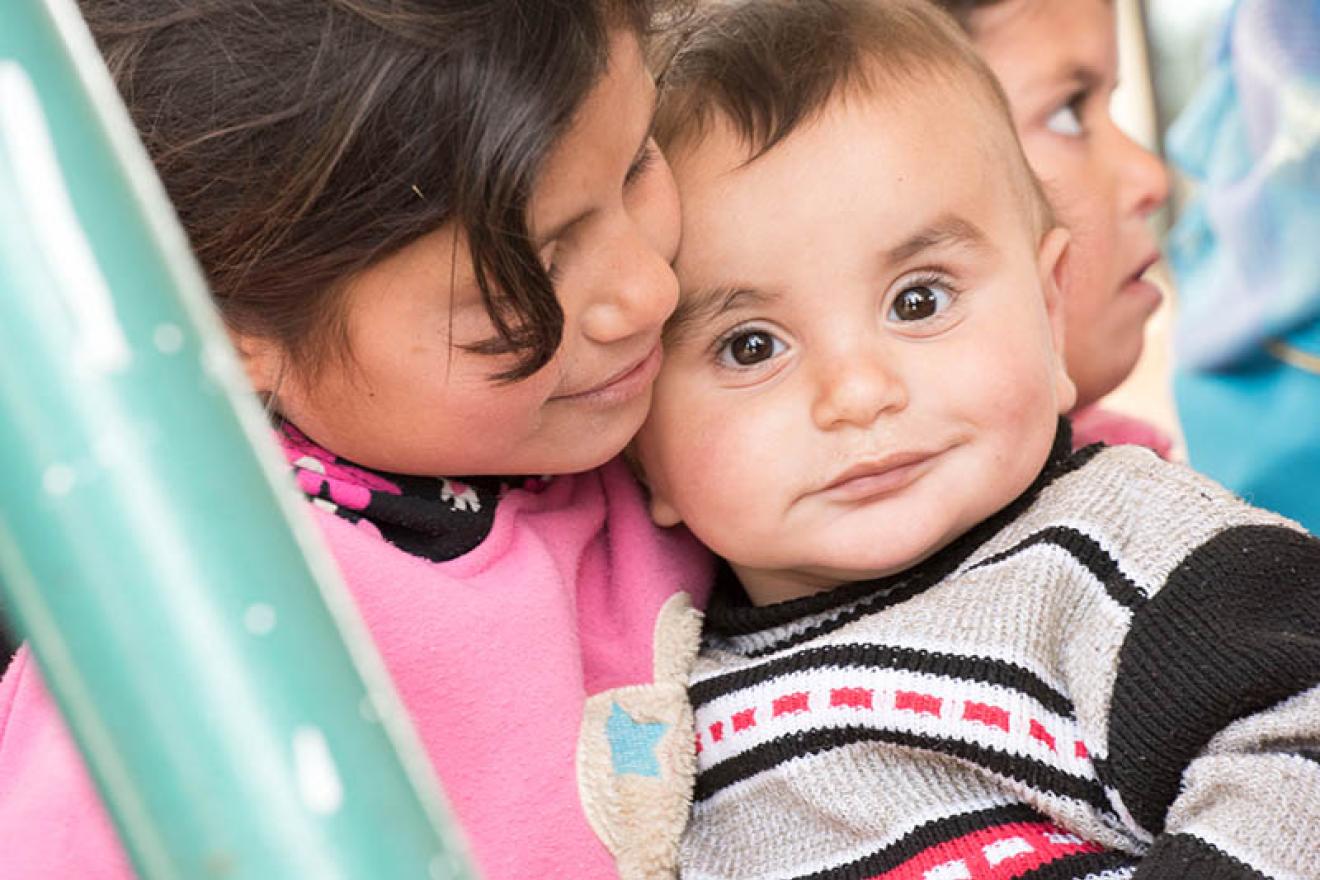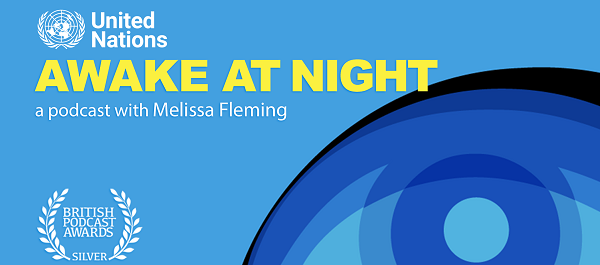ActNow is the UN campaign to inspire people to act for the Sustainable Development Goals (SDGs). In the lead up to the Summit of the Future, join the 1 Million Actions for our Common Future challenge to contribute to a more sustainable and peaceful world. Find new inspiring actions on the app and at un.org/actnow.
Media and Information Literacy for public interest information
Digital platforms have transformed how news and information are created, shared, and consumed. Online content creators are reshaping the dissemination of information, influencing diverse audiences. However, this raises concerns about content reliability, professionalism, and ethics. The rise of generative artificial intelligence adds complexity to the information landscape and requires heightened vigilance and critical thinking. This year’s Global Media and Information Literacy Week (24-31 October) highlights the importance of media literacy intended for public interest information.

Gaza: War has set Palestine’s development back nearly 70 years
22 October 2024 — The impact of the year-long war in Gaza and escalations in the West Bank has set development in the State of Palestine back by about 69 years, according to a new UN report...
Guterres ‘unequivocally condemns’ continued civilian deaths in Gaza
21 October 2024 — The UN Secretary-General António Guterres on Monday condemned the “continued and widespread” loss of life across Gaza, including Israeli strikes on a residential block in Beit...
A ‘people’s COP’ to heal the planet: UN biodiversity summit opens in Colombia
20 October 2024 — Secretary-General António Guterres urged delegations from some 190 countries to “make peace with nature” and shore up a plan to stop habitat loss, save endangered species, and...




